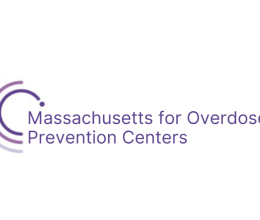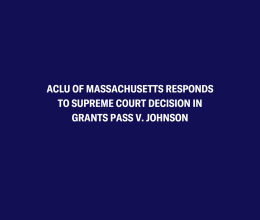
District attorneys can help end mass incarceration
Blog by Carol Rose, executive director of the ACLU of Massachusetts, and Rahsaan Hall, director of the Racial Justice Program at the ACLU of Massachusetts
A new bipartisan consensus is emerging in America around the need to reform the criminal punishment system – and about the difference that elected district attorneys can make by being part of the solution.
This country has the highest incarceration rate in the world, and Massachusetts is not immune. If our Commonwealth were its own nation, we’d have the 11th highest incarceration rate in the world. Mass incarceration in Massachusetts has exacted a particularly heavy toll on communities of color. The state’s prisons have the highest white-Latinx disparity in the country, with a Latinx imprisonment rate more than four times that of white people in the state. The rate is even higher for the state’s Black residents – seven times that of the white imprisonment rate in 2017.
The havoc this approach wreaks on families and communities is well documented. Families are separated. Unmanageable fines and fees burden people and families already struggling to make ends meet. And for people with substance use disorder, incarceration means an increased risk of relapse, overdose, and death. We cannot prosecute our way out of poverty, drug use, or mental health crises.
A national bipartisan consensus on this has emerged. In a rare showing of bipartisanship, Congress last winter passed the FIRST STEP Act with important sentencing reforms. The Massachusetts legislature also embraced the criminal law reform wave last session, adopting sweeping changes that eliminate several mandatory minimums sentences, require collection and posting of critical arrest data, and raise the minimum age of juvenile court jurisdiction.
The voters get it, too. There were more contested prosecutor races in 2018 than at any time in recent history. In Massachusetts, last November marked the first time since 1982 that there were five contested Massachusetts districts. For the first time in at least a generation, many voters were actually offered a choice between different visions for the criminal legal system. From Texas to Alabama, from Philadelphia to the Berkshires to Boston, down-ballot votes cast for district attorney rose by double digits.
In response, some longtime district attorneys are pushing back on change – suggesting they just take orders from the legislature. That’s laughable, given that DA’s frequently lobby to shape the law in state legislatures, often in ways that have harmed particularly Black and Latinx communities. Some DA’s resort to trotting out old tropes and racist dog-whistles, hoping to avoid accountability by invoking scare tactics from the 1980’s. Such approaches are insulting and belie the real-world power of the DA.
Other district attorneys are showing just what a difference a DA makes. Take, for example, Middlesex County District Attorney Marian Ryan and Suffolk County District Attorney Rachael Rollins: Together, they recently filed a lawsuit to block federal immigration officials from arresting immigrants at courthouses. It’s the first time a district attorney’s office has filed suit against the Department of Homeland Security on this issue – a move that reflects the harmful impact that immigration enforcement at courthouses has on public safety for all.
Or, consider Berkshire County, where new District Attorney Andrea Harrington announced in February that the office would end its reliance on cash bail. The majority of Massachusetts people in jail are being held on bail – for weeks, months, and years. Too many people are behind bars because prosecutors continue to request bails that people can’t afford to pay. It doesn’t have to be that way.
The people of Massachusetts can and should expect more of our elected district attorneys. We live in a time of peril, when civil rights and civil liberties are under threat both at home and abroad. It’s time that all elected officials were held to answer to voters about the constructive role they will play – and policies they will propose – to keep America both safe and free.
Related content


Massachusetts for Overdose Prevention Centers comment on new VT law...
June 18, 2024
Labor unions in Massachusetts join MA4OPC Coalition to support...
April 4, 2024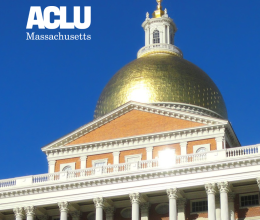
ACLU of Massachusetts comment on Governor’s Council approval of...
April 3, 2024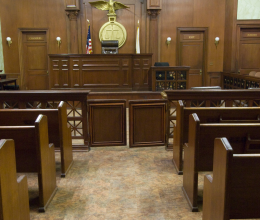
ACLU of Massachusetts v. Bristol District Attorney’s Office
March 26, 2024
Supreme Judicial Court rules that Hampden DA withheld exculpatory...
January 23, 2024
New study: Massachusetts officials recognize overdose prevention...
December 13, 2023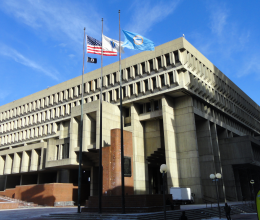
Statement of the ACLU of Massachusetts on new “Mass. and Cass”...
October 25, 2023